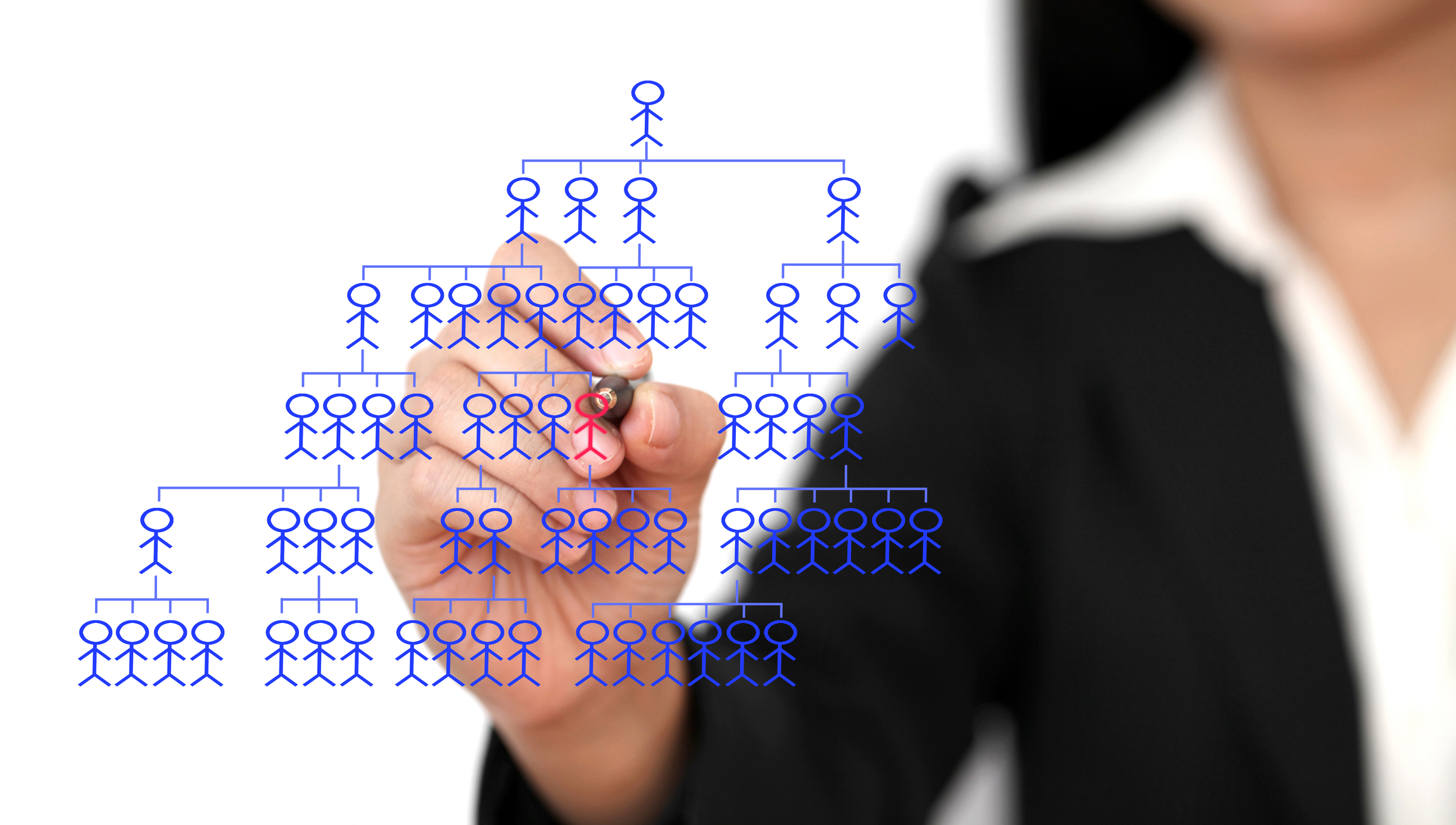Last week, the U.S. Citizenship and Immigration Services (USCIS) received 201,011 H-1B petitions subject to the annual cap for Fiscal Year (FY) 2020.
The Agency confirmed that on April 10, 2019, it completed its computer-generated selection process to select sufficient H-1B petitions to meet both the regular cap of 65,000 petitions and the advanced degree (master’s) cap of 20,000 petitions. In light of these numbers, employers have just over a 40% chance of having their H-1B petition selected in the lottery for FY 2020.
In years past, an employer or foreign national whose H-1B petition was accepted under the annual cap lottery had good reason to feel that she had indeed won the lottery; in past years, an H-1B petition selected in the lottery had a 92% and 95% chance of approval by USCIS. Having your H-1B petition selected in the lottery meant the beginning of a solid career in a high skilled field with a U.S. employer.
This year however, employer and foreign national enthusiasm at their lottery selection will most certainly be tempered by the dramatic increase in USCIS denials of H-1B petitions.
The National Foundation for American Policy (NAFP)’s recent analysis of USCIS’ H-1B data, available on its new “H-1B Employer Data Hub,” reveals that between FY 2015 and FY 2018, denial rates of initial H-1B petitions quadrupled. For the past decade, H-1B denial rates for initial H-1B petitions hovered around 8%. Yet in FY 2018, the denial rate jumped to 24% and for the first quarter of FY 2019, the denial rates of initial H-1B petitions are an astounding 32%.
Potentially even more troubling, is the increase in denials of H-1B extensions – petitions that USCIS has reviewed and approved in the past, often several times. Between FY 2011 and FY 2015, the denial rate of H-1B extension petitions hovered right around 3%. However, in FY 2018, the denial rate quadrupled, jumping to 12%. For the first quarter of 2019, the denial rate for H-1B extension petitions is at 18%.
These increases in denials are not the result of any changed in immigration law or regulation; there have not been any changes to statute or regulations that govern H-1B petitions. No changes to the law. No changes to the regulations.
Then, why these dramatic increases in denials? How is this possible? We can certainly point to President Trump’s “Buy American, Hire American” Executive Order, but the bottom line is USCIS has changed its interpretation of the immigration statute and regulations, and it has done so without notifying the public of this change.
Under the Administrative Procedures Act (APA), when an agency engages in “rulemaking,” (by changing its interpretation of a regulation, law or policy) it must adhere to certain requirements. Specifically, the agency must provide notice of the proposed rulemaking and provide the public with the opportunity to comment on the proposed rules. Here, USCIS has failed to comply with the basic legal requirements for rulemaking and appears to be in violation of the APA.
In light of this new data, we can anticipate legal challenges to USCIS’ actions on H-1B petitions in the federal court system.
In the meantime, employers and high skilled foreign national workers face uncertain futures in the United States. This administration touts “Buy American, Hire American,” but the result may well be employers and foreign nationals relocating other countries where there is more clarity about the rules of the game and cost of doing business.
For more information on H-1B visas, the H-1B annual Cap or USCIS adjudications, please contact Kolko & Casey, P.C.


